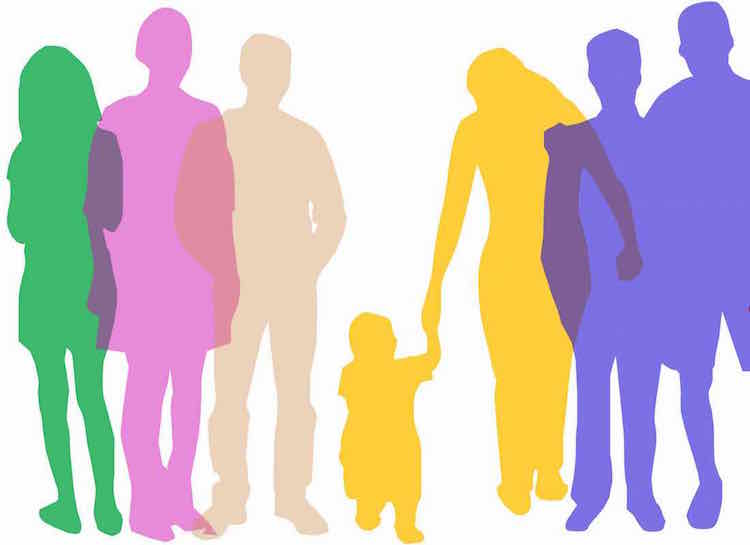Selma Šabanović
Associate Professor, School of Informatics and Computing
Indiana University
Teaching

I400/590: Human-Robot Interaction
In this senior undergraduate/graduate level course students survey the emerging field of human-robot interaction (HRI). HRI research poses both social and technical challenges---understanding how people perceive and are affected by robotic technologies and designing robots that can interact successfully with humans. We will cover basic topics and methods in HRI, with a focus on applications of robots in real-world contexts, such as domestic service, health and rehabilitation, urban search and rescue, companionship and entertainment. In the multidisciplinary spirit of HRI research, readings and assignments will draw on insights from robotics, HCI, cognitive science, anthropology, human factors, ethics, and other relevant disciplines.
I680: Cultural Studies of Technology
This doctoral seminar explores technology in relation to its cultural meanings, design practices, and contexts of use. We explore theoretical and methodological perspectives from multiple disciplines, including science and technology studies, cultural psychology, cultural studies, design,and anthropology. Students work on a final analytical project on a related subject of their choice.
I502: Human-Centered Methods in Informatics
This required first-year doctoral course introduce surveys the broad range of reseach methods from the social sciences and humanities—psychology, sociology, anthropology, linguistics, history, and others-used in InfoThe primary goal of this course is to survey a broad range of research methods in the humanities and social sciences as they pertain to Informatics topics. Topics covered include the theoretical motivations and justifications of different methods, as well as the fit of different research methods to specific research questions. The course provides a foundation for interpreting and conducting many types of research as well as a starting point for further study of specific research methods, and gives students an opportunity to relate and apply these methods in their own research. This is a required course for all doctoral students in Informatics.
I202: Introduction to Social Informatics
Introduction to Social Informatics: I202 introduces the social and behavioral foundations of Informatics. Theoretical approaches to how technology is used from psychological and socio-technical perspectives. Examples of how current and emerging technologies such as games, email, and electronic commerce are affecting daily lives, social relations, work, and leisure time. This course asks students to go beyond the “technical” aspects of IT and consider the social, cultural, and ethical dimensions that are essential to designing, adopting, and evaluating technology or a technological system. This course will also challenges students to think critically about technological change.
I300: Organizational Informatics
Why do some organizations successfully design and implement new systems, while success eludes others even when they invest in the most advanced technologies? How are information technologies used in different organizational contexts and what kinds of effects have ICTs had on different groups of people within organizations? In this course, we will be exploring the dynamics between organizational structure, work practices, and the design and use of ICTs. Topics covered include the conception, design, and effective implementation of ICTs within organizations, their organizational value and effects for people within and served by organizations, as well as conditions that foster risks of failures. We will approach research as a collaborative learning community; group discussions and feedback will help us make sense of existing literature and develop our own perspectives on ICTs and relevance to organizations and society.




